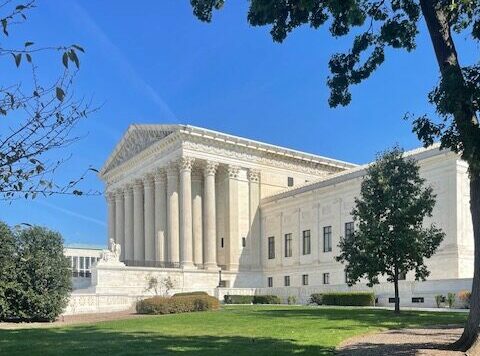2023: A Year in Review for Trade Secret Litigation
2023 confirmed that, in some ways, trade secret litigation remains the Wild West for litigants. Large verdicts and unsettled law have made this a popular venue for plaintiffs. 2023 did little to disrupt the status quo.

